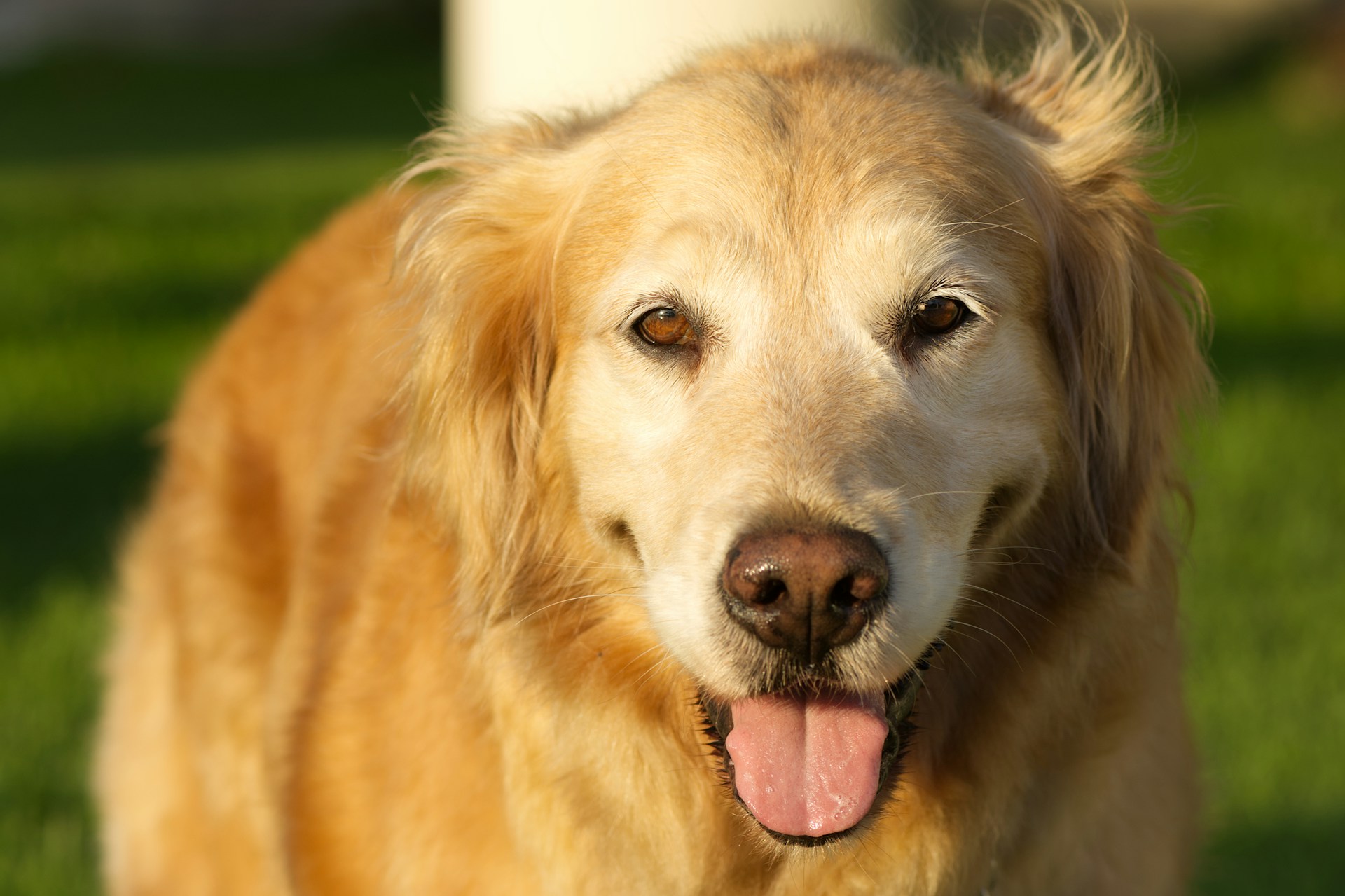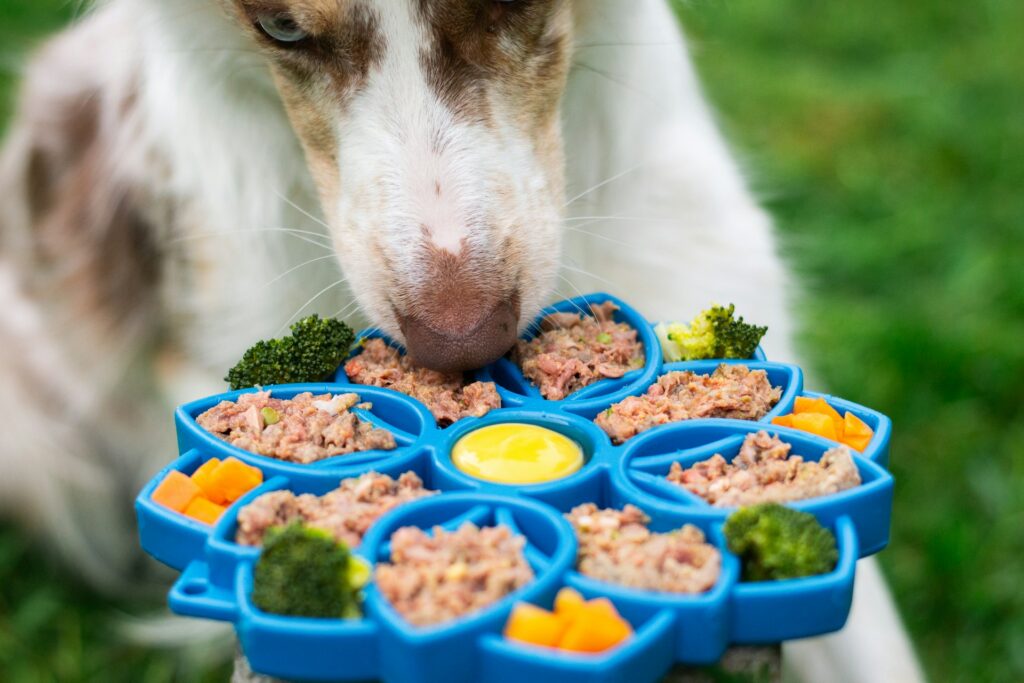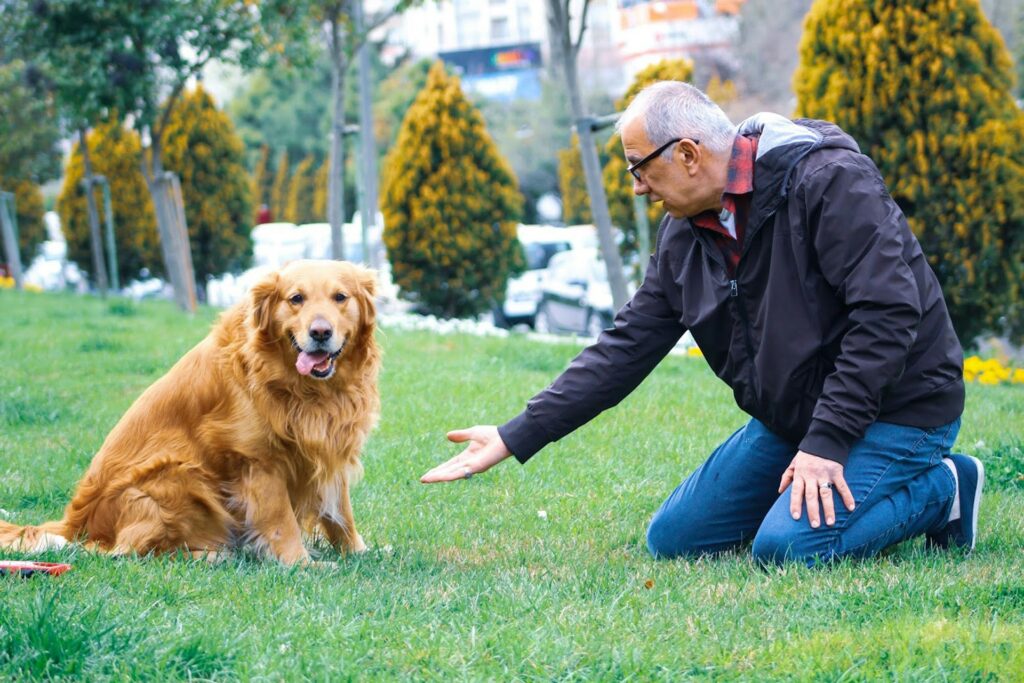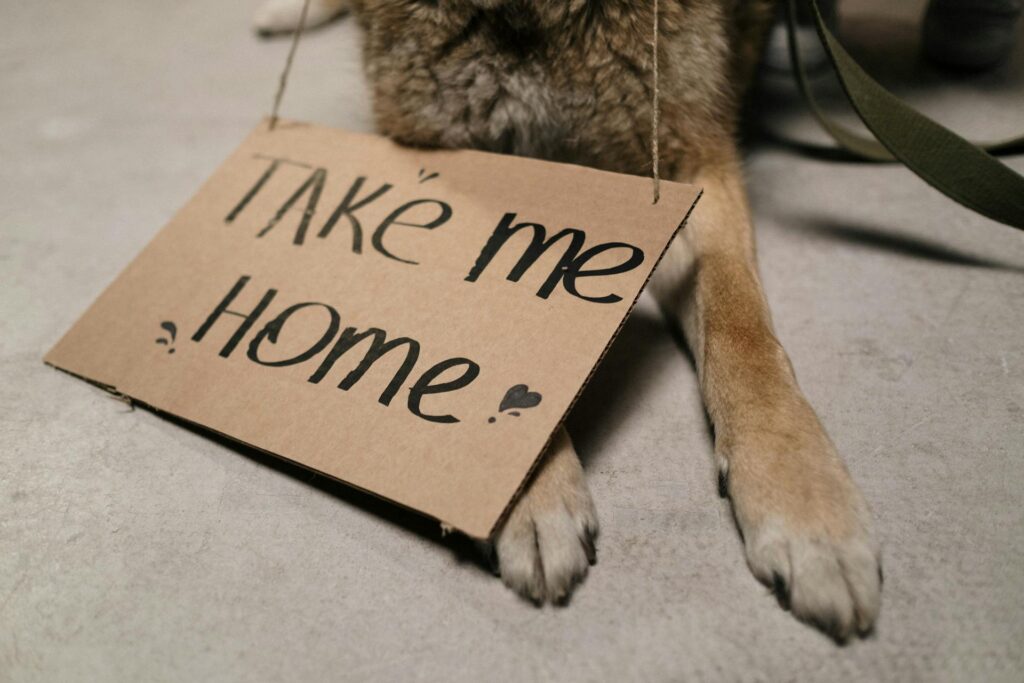
Senior Dog Care: 7 Real Lessons from a Caregiver Who’s There
I found Luna under a gas station overpass.
She was five weeks old, shivering, one ear folded weird.
Twelve years later, she can’t jump on the couch anymore.
And no one told me what that would feel like.
Not the vet.
Not the breeder.
Not the internet.
I thought “senior dog” just meant “older.”
I didn’t know it meant watching her forget where the back door is.
Or that I’d cry because she didn’t bark at the mailman today.
Or that I’d spend $80 on a dog bed and feel guilty about it until she slept through the night for the first time in months.
This isn’t just about aging.
It’s about love.
And grief.
And showing up when it’s quiet.
And here’s what I wish someone had told me earlier.
Table of Contents
When Does a Dog Become a Senior Dog?
I thought it was 7.
Turns out, for a Golden Retriever? More like 6.
But no one says it out loud.
You just… notice.
She stops chasing squirrels.
She sleeps through the vacuum.
She drinks more water.
I Googled “old dog tired all the time” at 2 a.m.
That’s when I realized: she’s not tired.
She’s a senior dog and she needs different care.
So here is what vets say
| Dog Size | Senior Age |
| Small breed (ex. Dachshund) | 10–12 years old |
| Medium breed (ex. Australian Shepherd) | 8–10 years old |
| Large breed (ex. Boxer) | 8–9 years old |
| Giant breed (ex. Great Dane) | 6–7 years old |
Health: Checks, Symptoms, and Care
🏥 Veterinary Care
- Every 6 months, not once a year
- Blood work, urinalysis, dental check, joint assessment
- Catch kidney disease, diabetes, or thyroid issues early
💡 Real caregiver tip: “I skipped her checkup. Two months later, blood work showed early kidney changes. We caught it in time.”
🩺 Physical Symptoms & Health Issues
Watch for:
- Drinking more water
- Peeing/pooping outside (even if they never did before)
- Limping, groaning, or trouble getting up
- Night pacing, confusion, or staring at walls
These aren’t “bad behavior.”
They’re cries for help.
🚶 Mobility & Pain Management
Common issues: arthritis, stiffness, weakness.
Support them with:
- Orthopedic beds (memory foam)
- Ramps for cars, couches, stairs
- Non-slip rugs on hardwood floors
- Joint supplements: glucosamine, chondroitin, green-lipped mussel
- Weight control — every extra pound stresses joints
💡 Real caregiver tip: “I had to carry my 45-pound pitbull to potty. I was exhausted. But I’d do it all over again.”
Nutritional Needs, Diet & Exercise
🍽️ Diet
As metabolism slows:
- Fewer calories, but high-quality protein to preserve muscle
- Omega-3s for brain and joints
- Fiber for digestion
- Avoid fillers (corn, soy, by-products)
Try:
- Fresh food (e.g., The Farmer’s Dog)
- Homemade meals (vet-approved)
- Smaller, more frequent meals

💡 Real caregiver tip: “She wouldn’t eat vet food. Now she eats fresh food and I take a video every time she finishes her bowl.”
🚶♂️ Exercise
Before you start exercising your senior dog, schedule a visit with your veterinarian.to ensure your dog is healthy enough for certain types of exercise.Talk with your vet about some of the following exercise options for your older pup.

- Walking
- Training
- Swimming(low-impact)
- Playing
- Massage or light stretching
for a senior dog with mobility issues or underlying medical conditions that make exercise more difficult, a 20-minute daily walk can be sufficient. Have your senior dog examined by their veterinarian to see how much exercise they can tolerate.
and remember It’s not about distance, It’s about being together.
Emotional and Behavioral Changes in senior dogs
It’s easy to blame “senior moments.” But behind these changes might be pain, anxiety, or illness not just age. Arthritis aches. Hearing fades. Dementia creeps in quietly, called Canine Cognitive Dysfunction (CDS), and it shows up as:
- Getting stuck in corners
- Sleeping all day, awake all night
- Avoiding cuddles or snapping when startled
- Accidents in the house
veterinarians have classically used the acronym DISHA(Disorientation, Interaction changes, Sleep shifts, House soiling, Activity swings.) to classify different types of behaviors that may be related to cognitive dysfunction.
what you need to do if you see behavioral changes in your senior dog is Talk to your vet. Rule out pain. Adjust the routine. Reduce stress. There are diets, supplements, even meds that help.
The Dog Aging Project is studying these shifts because catching them early doesn’t just add years.
It adds life to the years.
Senior Dog Adoption Tips
Adopting a senior dog?
- Ask about medical history, meds, and care routine
- Prepare your home: ramps, non-slip floors, raised bowls
- Be ready for vet visits, fluids, or night potty breaks

Why it’s worth it:
- They’re calm, grateful, and deeply bonded
- You’re giving them peace in their final chapter
💡 Real caregiver tip: “I adopted a senior knowing she was sick. I lost 20 lbs, never slept. But I’d do it all over again. She looked at me like, ‘Thank you for helping me.’”
Daily Care Routines
Make life easier:
- Keep food, water, bed, and potty area within easy reach
- Use pee pads or artificial turf trays for indoor relief
- Administer meds on a schedule (set phone alerts)
- Wash bedding weekly
- Groom gently — check for sores or lumps
“She won’t go inside,” one 20-something wrote.
“We walk the block in rain, heat, cold. I’m exhausted. But I won’t give up on her.”
You’re not failing.
You’re loving deeply, quietly, relentlessly.
Emotional Support for Owners
You’re not alone I am here.and so Thousands of caregivers are:
- Crying in the shower
- Yelling then regretting it
- Feeling trapped
- Losing sleep
- Spending everything
And still showing up.
You’re allowed to:
- Be tired
- Be frustrated
- Need a break
- Grieve before the end
Do this:
- Join a support group:
Canine Cognitive Dysfunction Support - Ask for help — even if it’s just to vent
- Take 10 minutes for yourself — breathe, cry, rest
“I feel like I’m dying inside,” one caregiver said.
“But I’ll never give up on her.”
That’s not weakness.
That’s courage.
When is a dog considered a senior?
Around 6–7 for large breeds, 10–12 for small ones. But you’ll know by changes: slower walks, more naps, drinking more water.
How often should senior dogs see the vet?
Every 6 months even if they seem fine. Blood work and urine tests can catch problems before symptoms appear.
What should I feed my senior dog?
High-quality protein, fewer calories, and easy-to-digest food. Fresh food or vet-approved homemade meals can help picky eaters.
Is it okay to feel frustrated when caring for a senior dog?
Yes. You’re human. Your dog doesn’t judge you. Just keep showing up. That’s what love looks like even on hard days.
Help us make MyPremiumPaw better
Was this article helpful?



